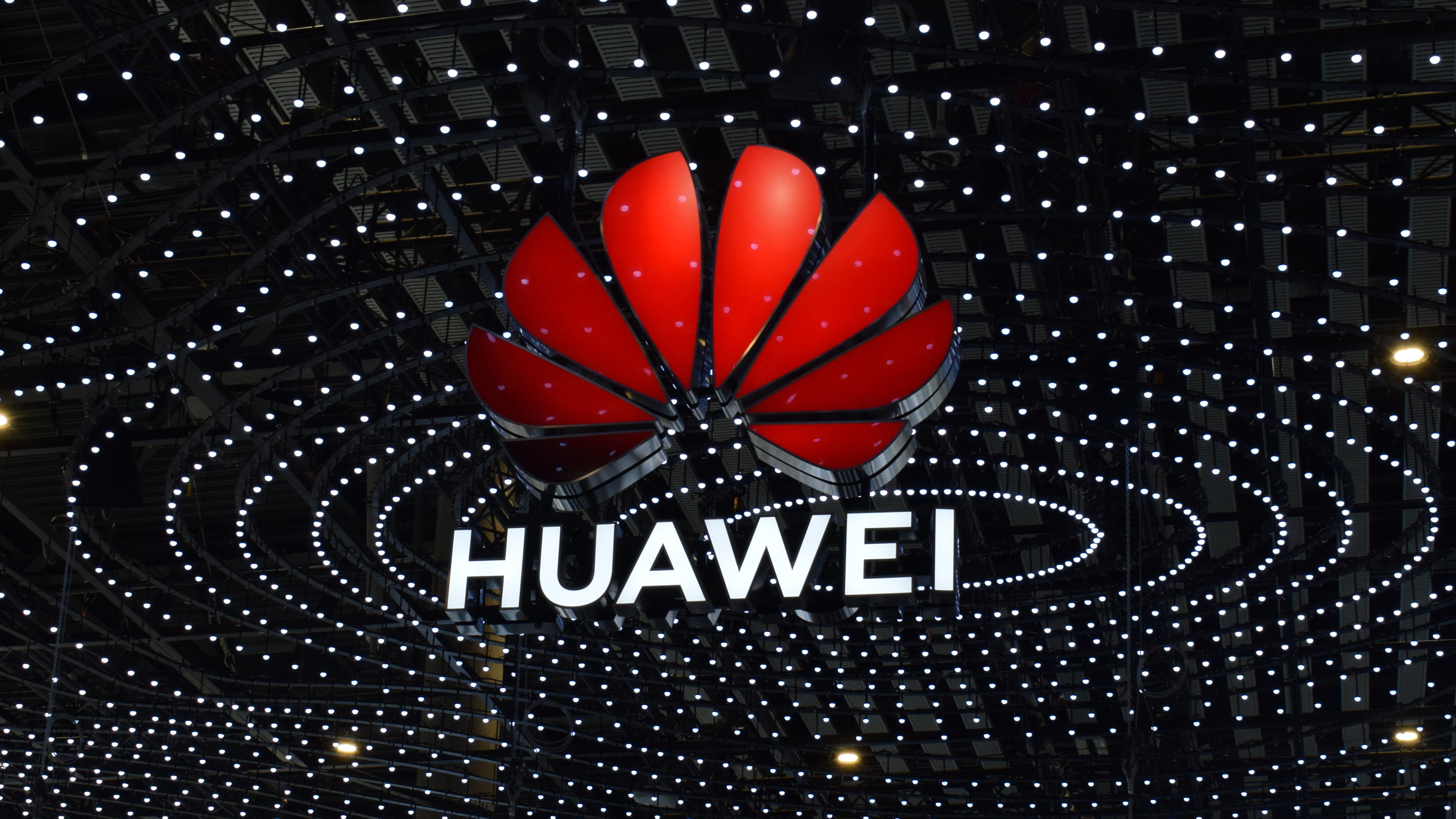MWC 2011: EU voices fury at roaming ‘rip-offs’
Roaming charges in the EU are just too high, according to a senior member of the European Commission's Digital Agenda team.


Sign up today and you will receive a free copy of our Future Focus 2025 report - the leading guidance on AI, cybersecurity and other IT challenges as per 700+ senior executives
You are now subscribed
Your newsletter sign-up was successful
EU citizens are being ripped off when it comes to roaming charges and the system needs to be fairer, according to a senior member of the European Commission.
Speaking at Mobile World Congress 2011, Neelie Kroes, vice president of the European Commission responsible for the Digital Agenda, said the cost of using a mobile abroad was simply too high.
She was talking after a European Commission survey showed nearly three-quarters of Europeans were worried about the cost of using their mobiles when traveling across the EU. The majority of respondents said they limited their roaming calls because of high charges.
Kroes explained how voice roaming prices within Europe are over three times the level of domestic charges, whilst the data roaming situation is "even grimmer."
"The consumer often pays less than five cents for downloading a MB of data at home, but this may turn into 2.60 per MB when the same consumer crosses an invisible border," she told delegates in Barcelona.
"I would love to be able to say to you today that the roaming market is competitive; that data roaming charges approach domestic prices; that bill shocks are a thing of the past; that prices for voice and SMS roaming are not clustered around the maximum levels permitted. Regrettably I cannot."
She admitted data roaming charges had fallen significantly, but this was not being matched in lower retail prices.
Sign up today and you will receive a free copy of our Future Focus 2025 report - the leading guidance on AI, cybersecurity and other IT challenges as per 700+ senior executives
"Incentives to compete on roaming prices are not as strong as the pressures on domestic prices. But that is not a justification for the current rip-offs," Kroes said.
The Digital Agenda has set a goal of cutting the difference between roaming and national prices to close to zero by 2015. Currently, the EU employs a capping policy to regulate how much providers can charge.
"It may be that no single approach will do the job on its own," she added.
"While I doubt that time may in itself solve our problems, it seems difficult to think that we can maintain price regulation forever."
Tom Brewster is currently an associate editor at Forbes and an award-winning journalist who covers cyber security, surveillance, and privacy. Starting his career at ITPro as a staff writer and working up to a senior staff writer role, Tom has been covering the tech industry for more than ten years and is considered one of the leading journalists in his specialism.
He is a proud alum of the University of Sheffield where he secured an undergraduate degree in English Literature before undertaking a certification from General Assembly in web development.
-
 Channel your innovation: Why IT partnerships are essential for the future of retail
Channel your innovation: Why IT partnerships are essential for the future of retailIndustry Insights A shared understanding and commitment to overcoming hurdles is key
-
 Pulsant unveils high-density data center in Milton Keynes
Pulsant unveils high-density data center in Milton KeynesNews The company is touting ultra-low latency, international connectivity, and UK sovereign compute power to tempt customers out of London
-
 European Commission approves data flows with UK for another six years
European Commission approves data flows with UK for another six yearsNews The European Commission says the UK can have seamless data flows for another six years despite recent rule changes
-
 Three things you need to know about the EU Data Act ahead of this week's big compliance deadline
Three things you need to know about the EU Data Act ahead of this week's big compliance deadlineNews A host of key provisions in the EU Data Act will come into effect on 12 September, and there’s a lot for businesses to unpack.
-
 The second enforcement deadline for the EU AI Act is approaching – here’s what businesses need to know about the General-Purpose AI Code of Practice
The second enforcement deadline for the EU AI Act is approaching – here’s what businesses need to know about the General-Purpose AI Code of PracticeNews General-purpose AI model providers will face heightened scrutiny
-
 Meta isn’t playing ball with the EU on the AI Act
Meta isn’t playing ball with the EU on the AI ActNews Europe is 'heading down the wrong path on AI', according to Meta, with the company accusing the EU of overreach
-
 ‘Confusing for developers and bad for users’: Apple launches appeal over ‘unprecedented’ EU fine
‘Confusing for developers and bad for users’: Apple launches appeal over ‘unprecedented’ EU fineNews Apple is pushing back against new app store rules imposed by the European Commission, suggesting a €500m fine is a step too far.
-
 Apple, Meta hit back at EU after landmark DMA fines
Apple, Meta hit back at EU after landmark DMA finesNews The European Commission has issued its first penalties under the EU Digital Markets Act (DMA), fining Apple €500 million and Meta €200m.
-
 Doing business under US sanctions: a Huawei success story
Doing business under US sanctions: a Huawei success storyAnalysis Doubling down on R&D, diversifying its business, and seeking out ripe new markets – the resurgence of Huawei carries lessons for all businesses
-
 ‘Europe could do it, but it's chosen not to do it’: Eric Schmidt thinks EU regulation will stifle AI innovation – but Britain has a huge opportunity
‘Europe could do it, but it's chosen not to do it’: Eric Schmidt thinks EU regulation will stifle AI innovation – but Britain has a huge opportunityNews Former Google CEO Eric Schmidt believes EU AI regulation is hampering innovation in the region and placing enterprises at a disadvantage.
